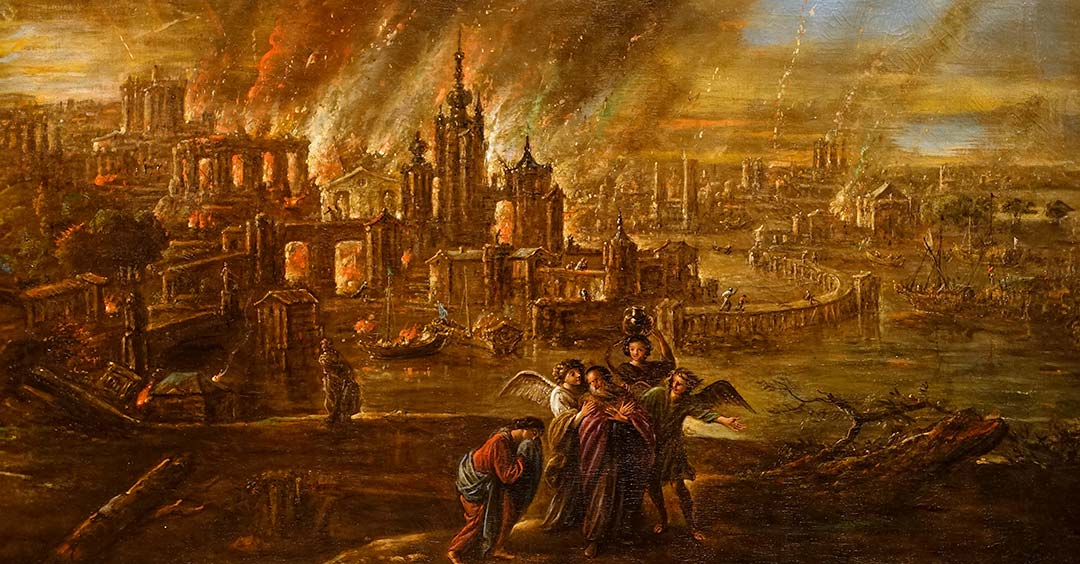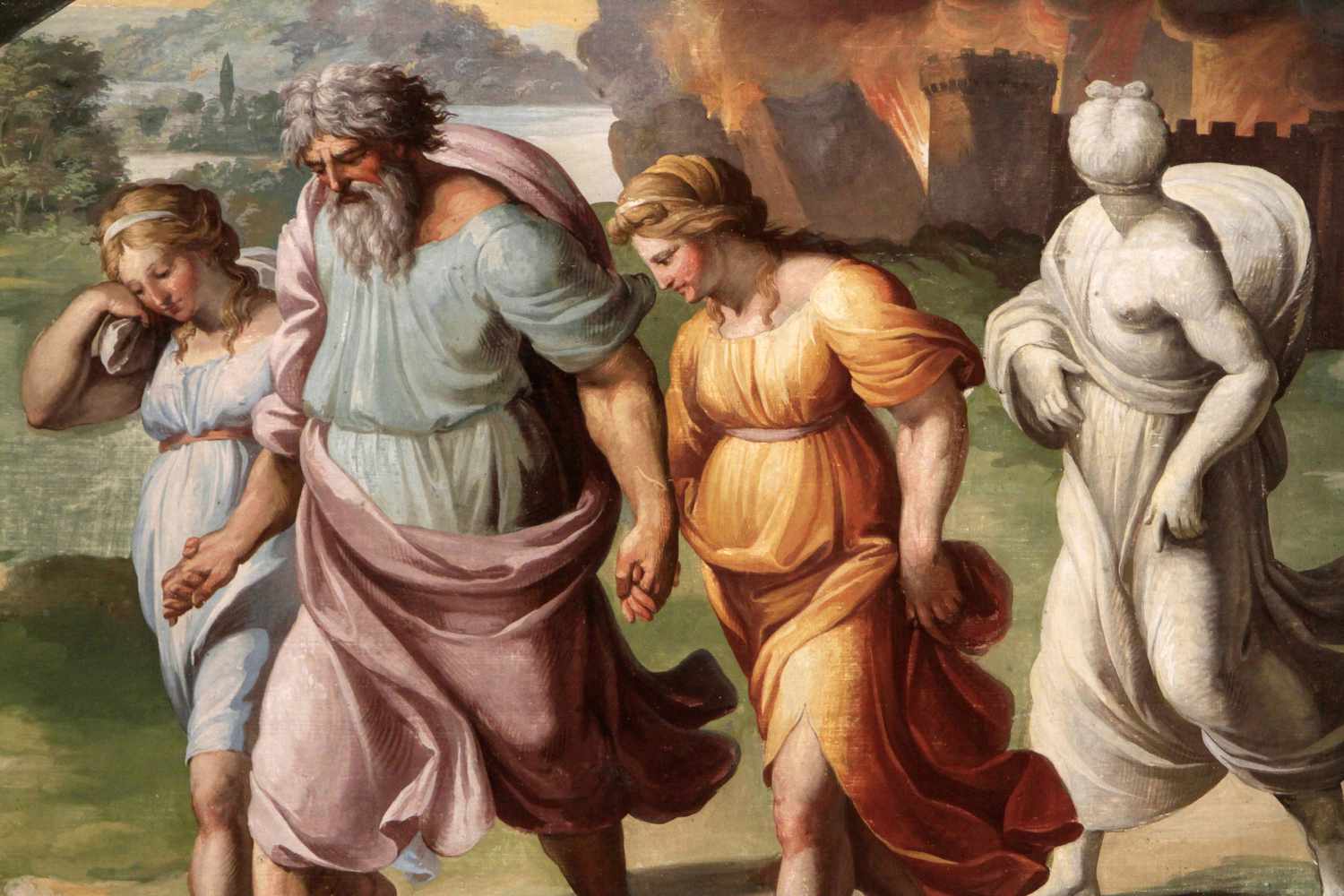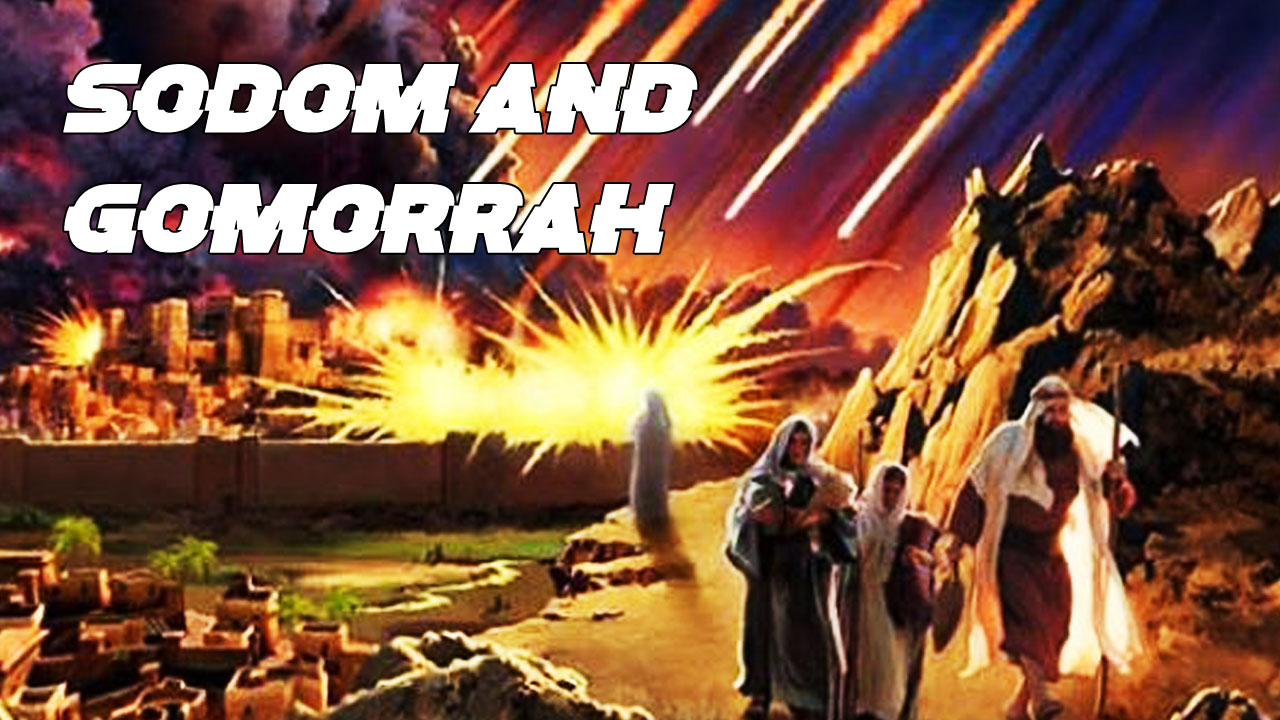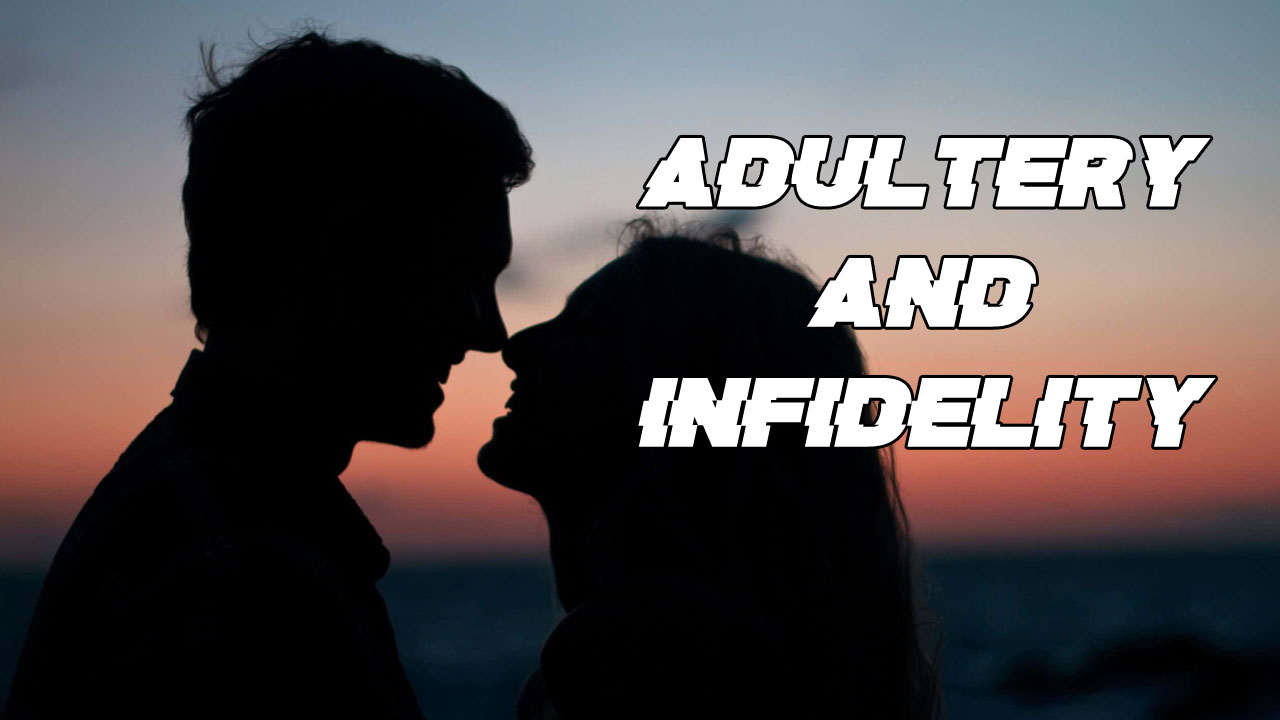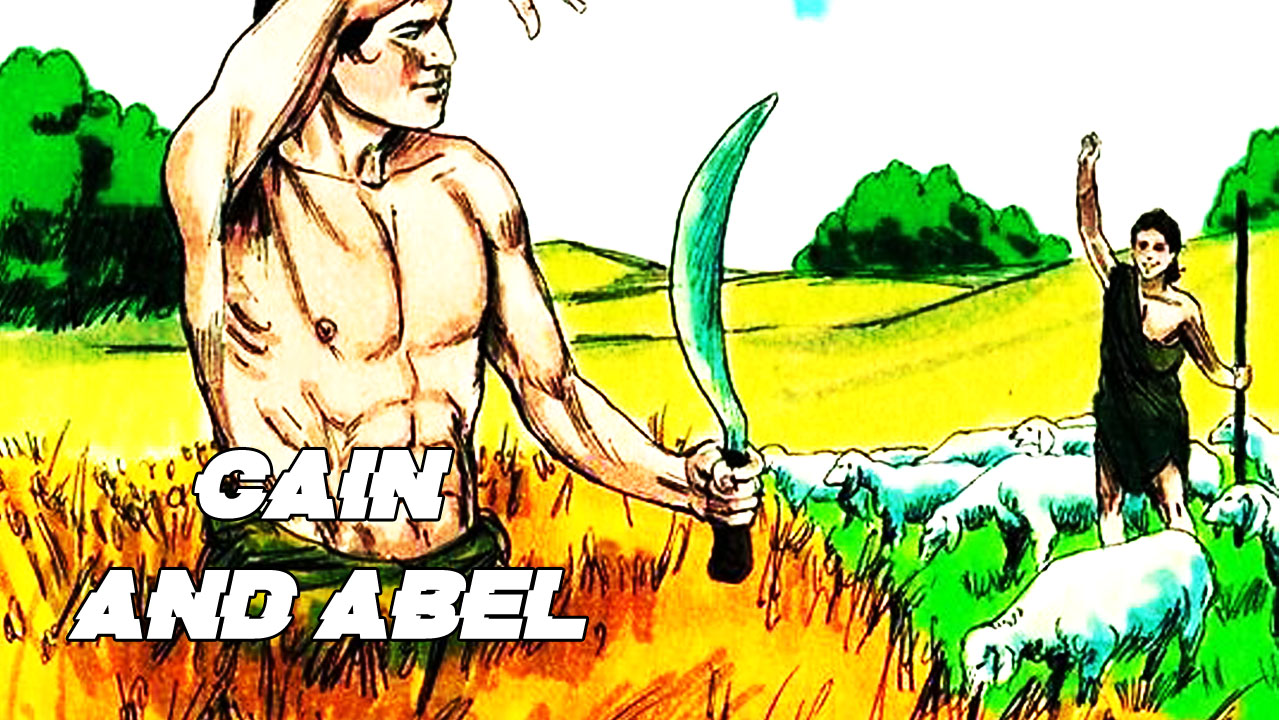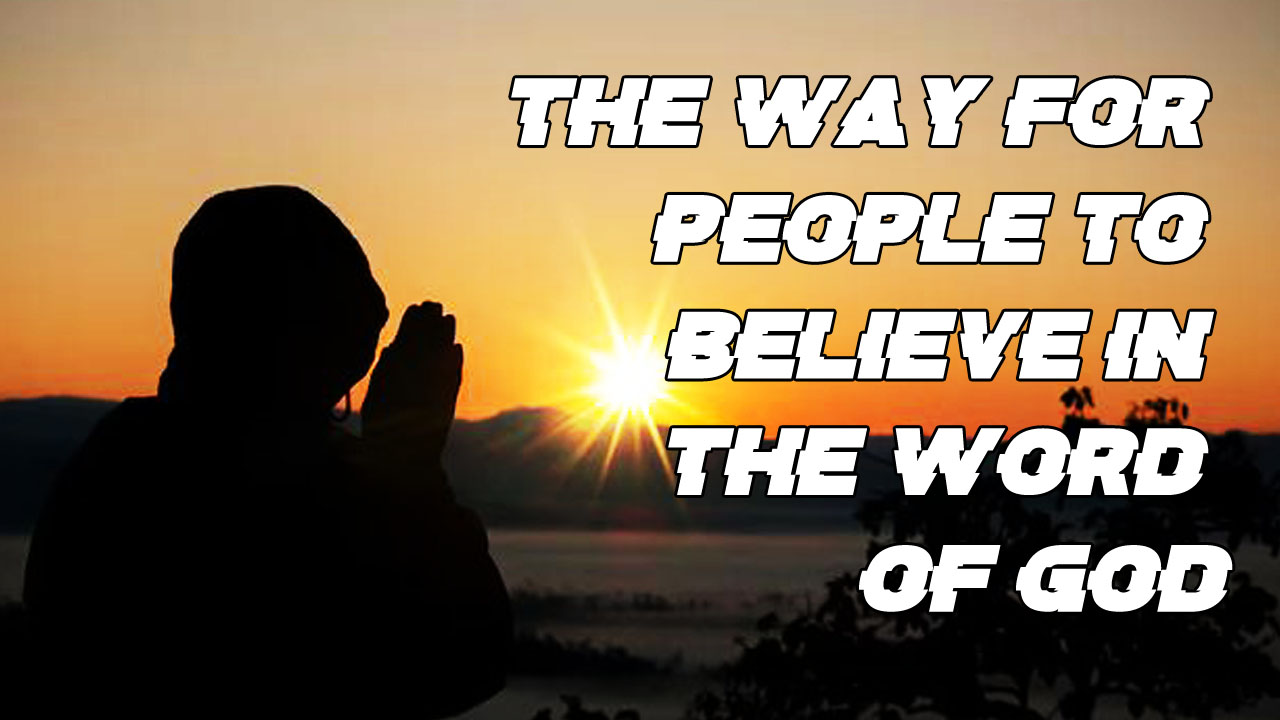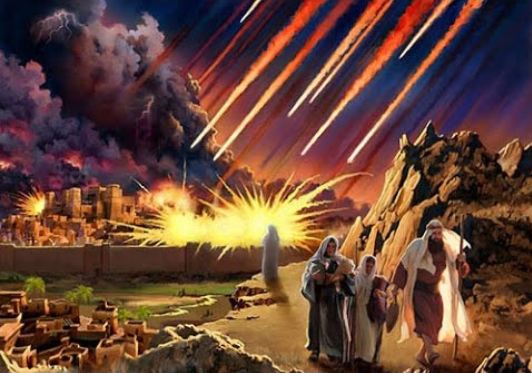
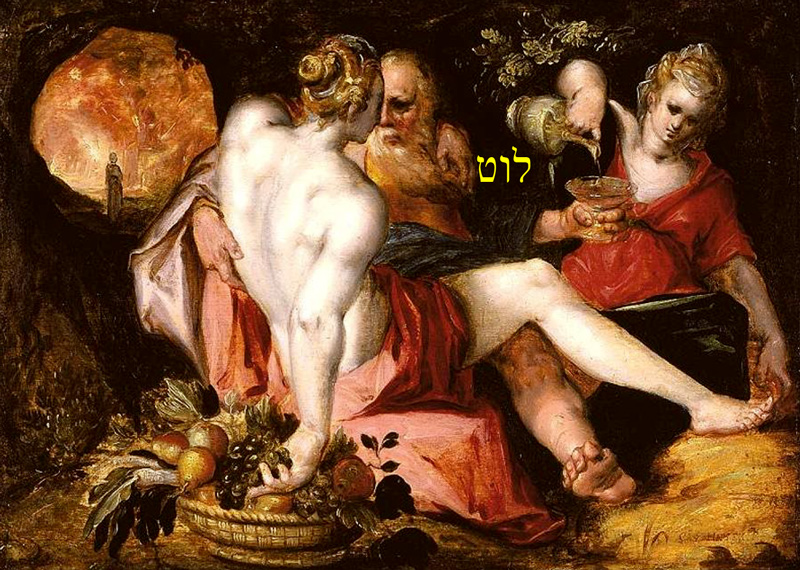

The Bible story about the city of Sodom and Gomorrah is a sad story that reminds us of just how much God hates sin. During the time of Abraham, three angels came to visit him, and two of the angels decided to go visit Sodom and Gomorrah. The Lord told Abraham that he would destroy the city because of the people’s sins. God also told Abraham that he would spare the people and not destroy Sodom and Gomorrah if he could find even ten righteous people. When the two angels arrived in Sodom and Gomorrah, a man named Lot invited them to stay at his home. Some men from the city came to Lots home demanding to be given the two visitors so they could have sex with them. Lot, trying to defend and protect the angels, offered the men his virgin daughters in their place. As the angry men tried to break into Lot’s home, the angels struck the men blind and then led Lot and his family out of the city. As Lot’s family fled Sodom and Gomorrah, God rained down, burning sulfur onto the city. All men, animals, and vegetation were destroyed. The angels warned Lot and his family to not look back but his wife did not listen and was immediately turned into a pillar of salt when she looked back.
Sodom and Gomorrah was an ancient city of Syria located in the plain of Jordan. The city was destroyed by fire from heaven in the time of Abraham and Lot . The city’s wickedness became proverbial. The sin of sodomy was an offense against nature frequently connected with idolatrous practices. The fate of Sodom and Gomorrah is used as a warning to those who reject the gospel. The word is used in a typical sense in Revelation 11:8. Sodom was presumably located in plain South of the Dead Sea, now covered with water. The name is still preserved in Jebel Usdum Mt. Sodom. The name Sodom means “burning” – It was a city in the vale of Siddim. The wickedness of its inhabitants brought down upon it fire from heaven, by which it was destroyed. This city and its awful destruction are frequently alluded to in Scripture. No trace of it or the other cities of the plain has been discovered, so complete was their destruction. Just opposite the site of Zoar, on the southwest coast of the Dead Sea, is a range of low hills, forming a mass of mineral salt called Jebel Usdum, “the hill of Sodom.” It has been concluded, from this and from other considerations, that the cities of the plain stood at the southern end of the Dead Sea. Others, however, with much greater probability, contend that they stood at the northern end of the sea. On the one hand, the narrative of Genesis seems to state positively that it lay at the northern end of the Dead Sea. On the other hand, long-continued tradition and the names of the existing spots seem to pronounce with almost equal positiveness that it was at its southern end. Of the catastrophe which destroyed the city and the district of Sodom, we can hardly hope ever to form a satisfactory conception. Some catastrophe there undoubtedly was but what secondary agencies, besides fire, were employed in the accomplishment of the punishment cannot be safely determined in the almost total absence of exact scientific description of the natural features of the ground around the lake. We may suppose, however, that the actual agent in the ignition and destruction of the cities had been of the nature of a tremendous thunder-storm accompanied by a discharge of meteoric stones, (and that these set on fire the bitumen with which the soil was saturated, and which was used in building the city. And it may be that this burning out of the soil caused the plain to sink below the level of the Dead Sea, and the waters to flow over it–if indeed Sodom and its sister cities are really under the water.) The miserable fate of Sodom and Gomorrah is held up as a warning in numerous passages of the Old and New Testaments. The name Gomorrah means “submersion”. It was one of the five cities of the plain of Siddim which were destroyed by fire. These cities probably stood close together and were near the northern extremity of what is now the Dead Sea. This city is always mentioned next after Sodom, both of which were types of impiety and wickedness. Their destruction is mentioned as an “example unto those that after should live ungodly”. Their wickedness became proverbial, but that wickedness may be exceeded.
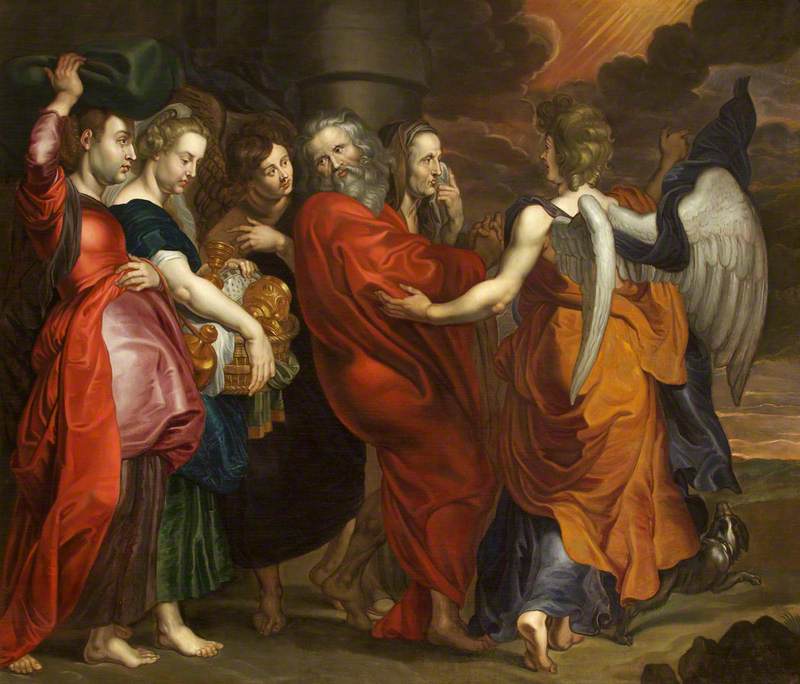

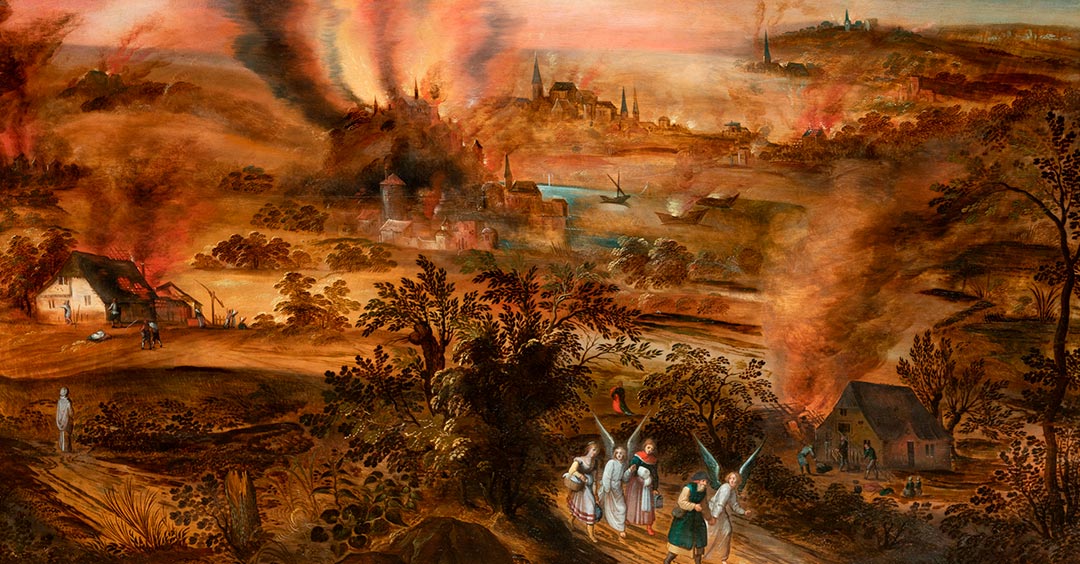

Sodom was a wicked and vile place. Wickedness had become universal, and they were unanimous in any vile design. Here were old and young, and all from every quarter, engaged in this riot; the old were not past it, and the young had soon come up to it. That they had arrived at the highest pitch of wickedness; they were sinners before the Lord exceedingly; for. It was the most unnatural and abominable wickedness that they were now set upon, a sin that still bears their name, and is called Sodomy. They were carried headlong by those vile affections, which are worse than brutish, and the eternal reproach of the human nature, and which cannot be thought of without horror by those that have the least spark of virtue and any remains of natural light and conscience. Note, Those that allow themselves in unnatural uncleanness are marked for the vengeance of eternal fire. They were not ashamed to own it and to prosecute their design by force and arms. The practice would have been bad enough if it had been carried on by intrigue and wheedling, but they proclaimed war with virtue and bade open defiance to it. Hence daring sinners are said to declare their sin as Sodom. The story of Sodom and Gomorrah continues to reach through time as a warning to mankind. God is full of love and compassion, but He is also holy and just. The Creator and Sustainer of all things cannot have anything to do with sin and ungodliness, and rebellion against the Most High will not be allowed to continue indefinitely. A holy God requires justice, and the wrath unleashed on Sodom and Gomorrah is a foreshadowing of the ultimate justice coming on the day of final judgment. The apostle Peter writes, if he condemned the cities of Sodom and Gomorrah by burning them to ashes, and made them an example of what is going to happen to the ungodly. And in 2 Peter 3:7, we read, By the same word the present heavens and earth are reserved for fire, being kept for the day of judgment and destruction of the ungodly.


